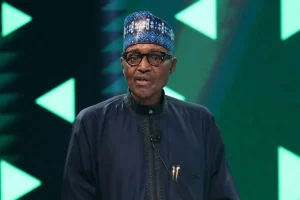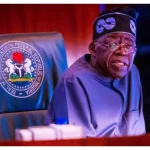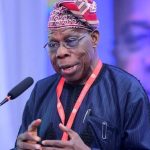Here are 5 “evil things” about Buhari’s leadership that you probably won’t believe unless you lived through them.
—
1. Mass Killings and Unchecked Insecurity
Under Buhari’s watch, insecurity reached unprecedented levels. Bandits, kidnappers, and terrorists operated almost freely across Nigeria. Thousands were killed in the North-East, North-West, and Middle Belt, while many others were displaced from their homes. Buhari’s slow response to crises made critics label him a “silent spectator” in Nigeria’s bloodshed.
—
2. Selective Anti-Corruption War
Buhari came in as a “Mr. Integrity,” but his anti-corruption campaign was anything but fair. Opposition politicians were hounded by the EFCC, while his close allies accused of corruption enjoyed protection. Many Nigerians concluded that his anti-graft war was a political weapon, not a genuine fight.
—
3. Nepotism and Favoritism
From key appointments to military leadership, Buhari filled critical positions with people from his northern region, mostly his kinsmen. This imbalance made many Nigerians feel excluded and fueled ethnic and religious tensions. Critics called it one of the most divisive governments in Nigeria’s history.
—
4. Economic Hardship Beyond Imagination
Buhari’s economic policies plunged millions into poverty. The naira lost value dramatically, inflation soared, and fuel scarcity became a recurring nightmare. Many Nigerians struggled to eat three meals a day, while unemployment worsened. For a man who promised prosperity, Buhari’s tenure was marked by hunger and hardship.
—
5. Suppression of Peaceful Protests
From the Shiite protests in Abuja to the #EndSARS movement, Buhari’s government often responded to peaceful protests with brute force. The 2020 Lekki Toll Gate massacre—where soldiers opened fire on unarmed #EndSARS protesters—became a symbol of his regime’s intolerance for dissent.…….CONTINUE FULL READING>>>>>



